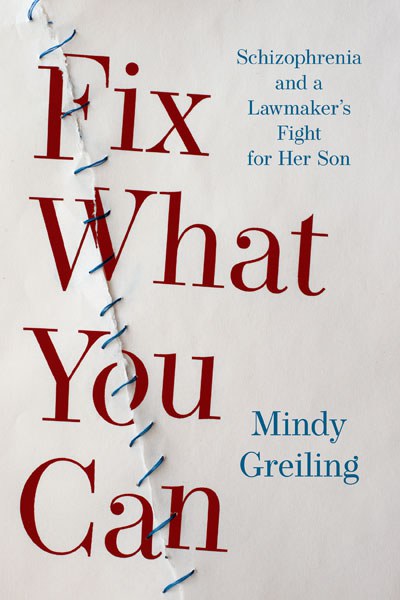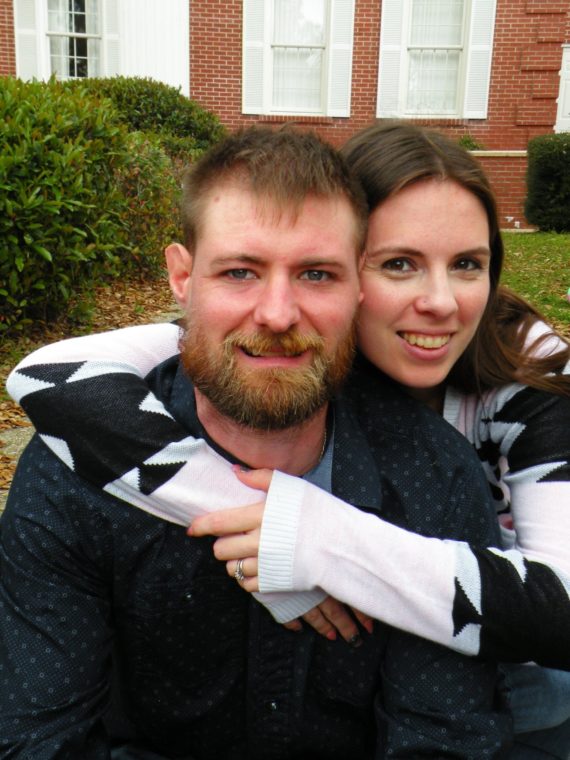
Photo courtesy of Pixabay
(7-20-20) I’m encouraging discussion about calls to shift responsibility for Americans with serious mental illnesses away from law enforcement back to social services and the medical community. Dr. Mark Munetz, Professor and Chair Emeritus of Psychiatry at Northeast Ohio Medical University, is co-author of the Sequential Intercept Model that is widely used by law enforcement and communities to identify key intersections when someone with a mental illness can be “intercepted” and receive treatment, especially after they enter the criminal justice system. I greatly admire Dr. Munetz who today offers his views on policing and mental illnesses.
I’m Not Enthusiastic About Defunding The Police
Guest Blog By Mark Munetz
Funding for treatment and support of individuals with mental illness in America is woefully inadequate. I spent my career as a psychiatrist advocating to change this. So one might think I would be enthusiastic about the current call to defund the police and use some of the savings to increase mental health funding so that mental health professionals can respond to mental health crises rather than police.
But that is not the case.
Serious mental disorders affect approximately one out of 20 adults. At best, half receive treatment. Without treatment these conditions can be disabling and result in startling rates of premature death. We know that treatment works but our systems are inadequate to engage many with the greatest needs. All too many end up in jail or prison. Today there are ten times as many people with serious mental illness in our nation’s jails and prisons than in psychiatric hospitals.
I have spent much of the past two decades working to address this complex problem. While increased mental health funding is necessary to address the over-representation of people with mental illness in the justice system, it alone is not sufficient. We also must address larger societal problems like poverty, homelessness and systemic racism. There cannot be a zero-sum game of funding for the police and human services. We need to increase our overall funding for human services including what I call re-invented police work.
There is a model of such policing.







